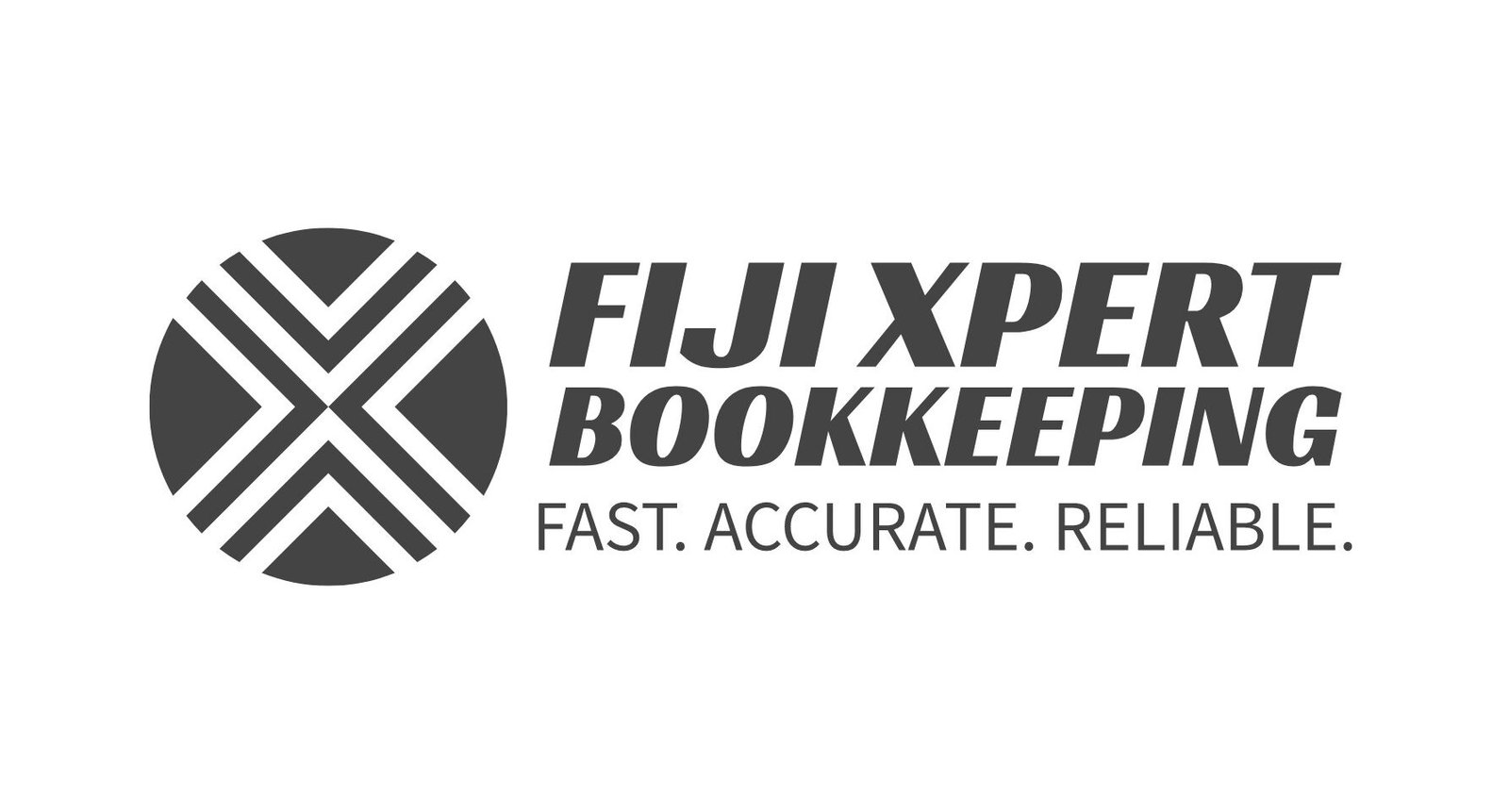Fiji’s First Bookkeeping Business: Pioneering Quality Financial Management for Over a Decade
The inception of Fiji’s first bookkeeping business can be traced back to a visionary entrepreneur, whose foresight and determination birthed a crucial service in the Fijian financial landscape. Recognizing a significant market gap, the founder set out to establish a business that not only addressed the bookkeeping needs of local enterprises but also championed quality financial management. The motivation was clear: small businesses in Fiji were in dire need of reliable bookkeeping services that could enhance their operational efficiency and financial transparency.
The early days were fraught with challenges, as the concept of professional bookkeeping was relatively new to many Fijian business owners. Convincing them of the benefits of systematic financial management required persistent effort and strategic outreach. The founder’s approach was multifaceted—offering personalized consultations, conducting workshops, and providing initial services at competitive rates to build trust and demonstrate value. These efforts gradually paid off, as the business began to amass a clientele that appreciated the clarity and organization professional bookkeeping brought to their operations.
Fiji’s unique economic landscape presented both opportunities and hurdles. The predominance of small and medium-sized enterprises (SMEs) meant that there was a substantial need for bookkeeping services tailored to the specific challenges these businesses faced. The founder’s deep understanding of the local market allowed the business to adapt its offerings accordingly. Services were designed to be flexible, scalable, and affordable, ensuring that even the smallest of businesses could benefit.
Personal anecdotes from the founder illustrate the journey vividly. One early client, a small retail shop, struggled with managing inventory and finances. By implementing systematic bookkeeping practices, the business saw a remarkable turnaround in performance, eventually expanding to multiple locations. Such success stories were instrumental in building the company’s reputation and credibility. Key milestones, such as the acquisition of major clients and the introduction of advanced bookkeeping software, marked the business’s growth trajectory.
Over the years, Fiji’s first bookkeeping business has grown from a pioneering venture into a cornerstone of the local financial ecosystem. Its commitment to quality and tailored services has set a benchmark in the industry, proving that meticulous financial management is indispensable for business success. Today, it stands as a testament to the founder’s original vision and the enduring value of professional bookkeeping in Fiji.
The Importance of Quality Bookkeeping for Small Businesses
In the complex landscape of small business management, quality bookkeeping stands as a cornerstone for success and sustainability. Meticulous bookkeeping involves several core components, including accurate record-keeping, timely financial reporting, and organized data management. These elements are crucial for navigating the financial complexities that small businesses often face.
Accurate record-keeping ensures that all financial transactions are meticulously documented, providing a clear and comprehensive financial picture. This practice not only aids in tracking revenue and expenses but also facilitates the preparation of financial statements, tax returns, and other essential documents. Timely financial reporting allows business owners to assess their financial performance, identify trends, and make informed decisions that drive growth. Organized data management, on the other hand, ensures that financial information is easily accessible, reducing the risk of errors and enhancing overall efficiency.
Real-world examples and case studies highlight the transformative impact of quality bookkeeping. For instance, a small retail business in Fiji partnered with a professional bookkeeping service and experienced significant improvements in its financial health. With accurate records and timely reports, the business was able to identify cost-saving opportunities, optimize inventory management, and enhance cash flow, ultimately leading to increased profitability.
Moreover, quality bookkeeping plays a vital role in regulatory compliance. Small businesses in Fiji, like elsewhere, must adhere to local tax laws and financial regulations. By maintaining precise records and staying up-to-date with reporting requirements, businesses can avoid costly penalties and legal issues. Additionally, sound bookkeeping practices enable more effective strategic planning, equipping business owners with the insights needed to set realistic goals, allocate resources efficiently, and anticipate future financial needs.
Expert insights emphasize best practices for maintaining high-quality bookkeeping standards. These include regular reconciliation of accounts, consistent review of financial statements, and the use of reliable accounting software. By implementing these practices, small businesses can foster a robust financial foundation, ensuring long-term stability and growth.
